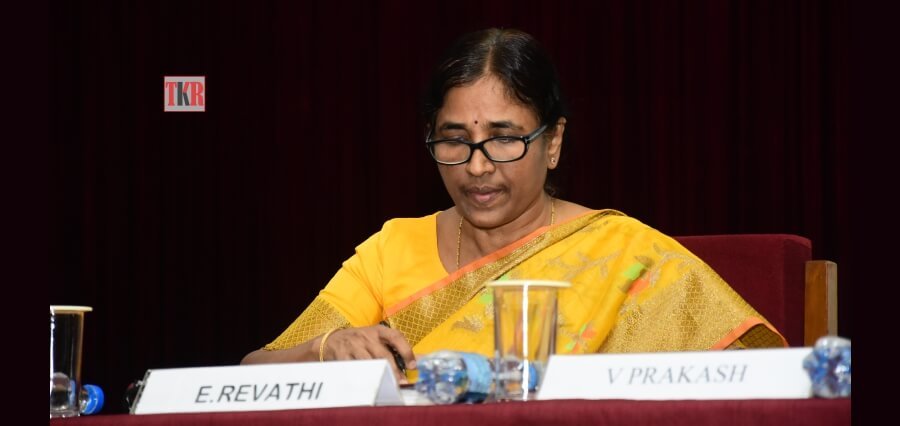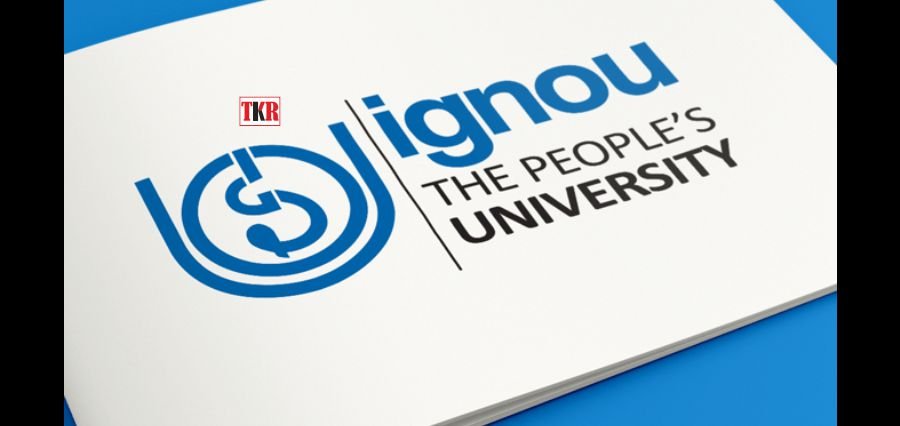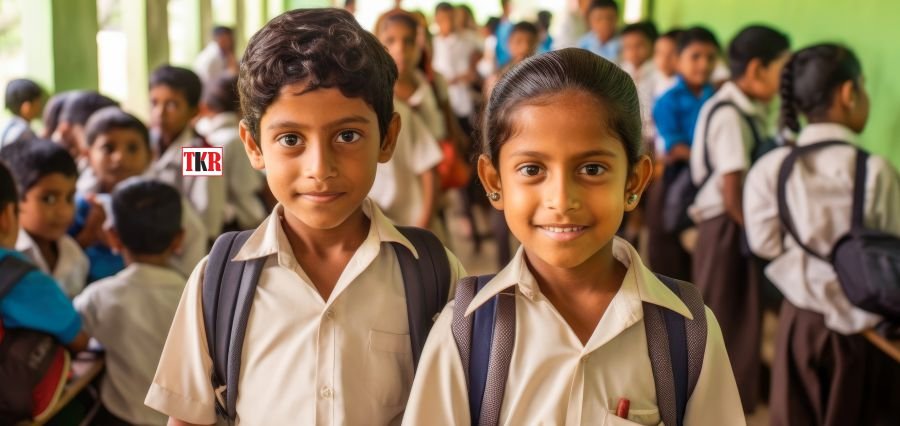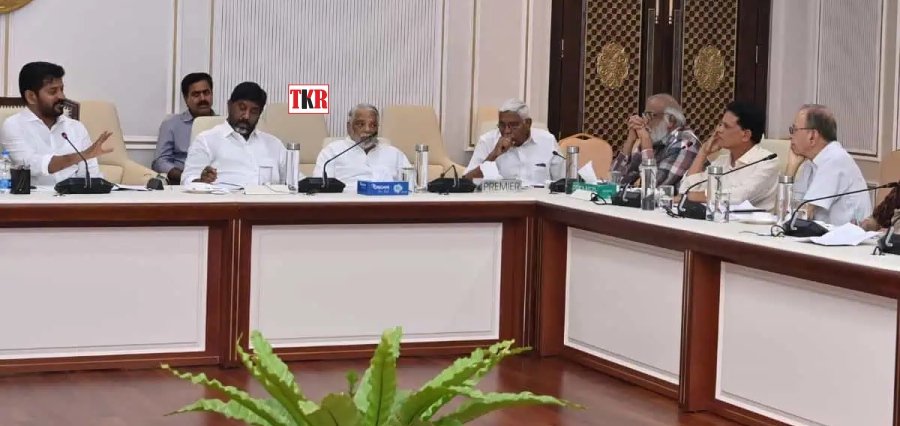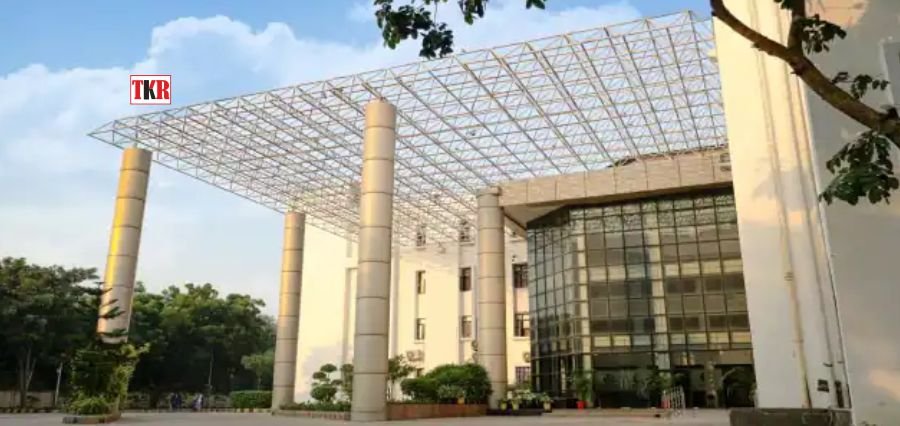While economic and social studies often stand as distinct disciplines, their true power lies in their ability to complement each other. The intersection of these fields offers a comprehensive view of the complex interplay between economic forces and social structures.
Centre for Economic and Social Studies (CESS), with its leaders like Professor and Director Revathi Ellanki, is the superlative standard in this field. Revathi’s academic journey started as a Lecturer in an undergraduate college in Hyderabad teaching Economics. Later, she joined Kakatiya University, Warangal, her alma mater, to teach postgraduate students. Alongside, she completed her PhD, for which she worked on the impact of HYV technology on women agriculture workers. Revathi received the ICSSR women’s studies fellowship for the PhD.
Centre for Economic and Social Studies has always captivated Revathi due to the vibrant research happening on socio-economic issues. As a faculty member at a state university, she got an opportunity to join the Institute, firstly on a lien in 2004 and later as a fulltime professor in 2012.
Her work during 2004-2010 at the Centre on agrarian distress and farmers’ suicides in the dry land regions of the then undivided state of Andhra Pradesh got much recognition and was part of the intellectual narrative of the deprivation faced by the Telangana region upping the ante for a separate state movement which was finally achieved in 2014.
Equipping Young Scholars with Essential Skills
Revathi got an opportunity to work on large research projects sponsored by ICAR, like women’s land rights and the economics and technology of an agricultural commodity like soybean, an important crop in the central Indian dry lands.
She also diversified her work to rural labour markets, farmer producer organizations and farmers’ collective institutions, water and sanitation, and education. Another very interesting thing as a teacher was her involvement in the PhD programme at the Centre. The PhD programme in Development Studies, which was on a part-time basis for working professionals, has been restructured as a regular programme in 2016 designed to train and equip young scholars with the required skills for research both from a development studies perspective and also from a rigorous methodological viewpoint.
Revathi played a vital role in shaping the regular PhD programme. Her pursuit of the regular PhD programme intensified after she took over as Director of the Centre in 2019. A well-designed girls’ accommodation facility has been created on the campus to attract and retain PhD students from all over the country.
Teaching has always been her passion, as this keeps her closer to younger generations and meets her desire to remain a lifelong student. Moreover, the subject of economics has evoked a special interest in Revathi as it is the core discipline in social sciences, which she chose to study from class 11 onwards.
Upholding Democratic Values
In academics, leaders are generally chosen based on the requisite qualities. Public research institutes play the role of think tanks catering to the policy requirements of the Governments. They also cater to the intellectual needs of the community of scholars.
The founding members of CESS Sri BPR Vithal, Prof CH Hanumantha Rao, Dr. G Ram Reddy, Dr. SK Rau, Dr. Waheeduddin Khan, and later Prof R Radhakrishna are a great inspiration for Revathi to lead the Centre to maintain high academic repute besides upholding democratic values and social inclusiveness which have been the central tenets of the Centre. Throughout her journey, her inspiration has been Prof CH Hanumantha Rao, a well known agriculture and development economist with a pursuit and commitment to inclusive development.
Upkeeping the Quality of Education
Centre for Economic and Social Studies plans programmes for students to enhance their writing skills and use databases and packages to handle big data. It has crossed the ‘critical mass,’ and the pool of PhD scholars is able to exchange ideas and research methods. The Centre, through the Division for Graduate Studies, has put in place a strong system to discuss research proposals and monitor the progress of scholars to strengthen them academically. Fellowships are another means to support and motivate them.
According to Revathi, a teacher or researcher is always a student. Researchers are connected through platforms like Research Gate and so on, and by following academic journals and reviewing papers for journals, she takes the opportunity to know the latest research in her field. Besides, attending conferences, seminars, and lectures keeps her abreast with the latest developments in the area.
Enhancing the Ways of Learning
Students not being on the same plane is a challenge to orient and enhance the levels of learning, especially with the socially disadvantaged and those from rural backgrounds. Funding is a problem for these students; they also fall behind in obtaining the required fellowships. Revathi tried to enhance the Centre’s overall budget with the support of the government to provide the required facilities and fellowships for the students
The Centre also engages them in live research projects, which is an advantage to them, as they can learn research skills and support themselves financially. The faculty as a team discusses and resolves challenges faced by the students.
Revathi believes that technology can be a tool but not a master. Firstly, content is important, and effective presentation and dissemination can be made with the help of technology. Power points, softcopies of papers, digital archives, and programmes for data analysis are some means used by the Centre. The Centre also used a Learning Management System during the COVID-19 pandemic times to cope with online teaching.
Leading with a Vision
A successful education leader has to have a development vision. CESS does not keep the students and scholars in a pressure-like situation but at the same time emphasizes standard and quality.
An eye on the latest developments in the field of education, the ability to transmit it to the students, developing a critical approach to reasoning in them, which is even more important in social science research, enable them to create knowledge, motivate students, and able to lead them are some important and effective qualities of an educational leader.
Teamwork is important for a leader, whether with colleagues, students, or staff. Imparting research perspectives and skills is not a classroom process.
It is a two-way process in the form of interaction. She shares the material to be discussed in the class beforehand and asks the students to read the material and come prepared for the class. Revathi explains the core points of the topic and starts an interactive process with the students to bring out their ideas and outline them systematically. She initiates the discussion and the critical issues and guides the dialogue with students. As research scholars, they are the knowledge creators. However, each teacher has a unique methodology and style of teaching.
Revathi feels that it is an effective way of learning. Social Science research is interdisciplinary, and many perspectives shape it to find solutions to problems which are complex and multi dimensional. Research can be categorized as ‘research-driven policy’ and ‘policy-driven research’ depending on its objective.
The research process is a win-win situation where many ideas are accommodated, benefiting the scholars. Revathi believes pedestrian knowledge is no knowledge at all. Moreover, in recent times, plagiarism has become a big constraint, and chatGPT platforms hinder the original contributions of scholars to the realm of social science knowledge.
For those who struggle with the English language, Revathi emphasizes reading standard newspapers regularly, noting the meaning of difficult words, and trying to understand the meaning in their own language. Original thinking and writing skills are crucial in the creation of new knowledge. Thinking in one’s own language and translating the thinking into writing is difficult for some research scholars. Students overcome these barriers through a continuous struggle, and as research students, they will have to cross these bridges on their own. However, the creation of knowledge has no barriers. Also, she does not mind instructing the students in vernacular language.
Revathi’s achievement as an education leader is the inculcation of the idea that there are no shortcuts to gaining knowledge, the thrust for research among the students, initiating the originality of thought process. When her students gain good positions, she feels the achievement in their progress.
Strengthening Higher Education
Revathi’s future plan encompasses hard and soft components. Adequate infrastructure is required for higher education programmes. She intends to create additional infrastructure by way of accommodation and other needs of the students. She intends to strengthen the institute by infusing new blood through faculty recruitment and striving toward financial stability. Revathi also intends to have a postgraduate course as an MSc in economics at the centre. Good public institutions are the need of the hour in times of competition from the privatization of education. Revathi aims to strengthen public institutions.

